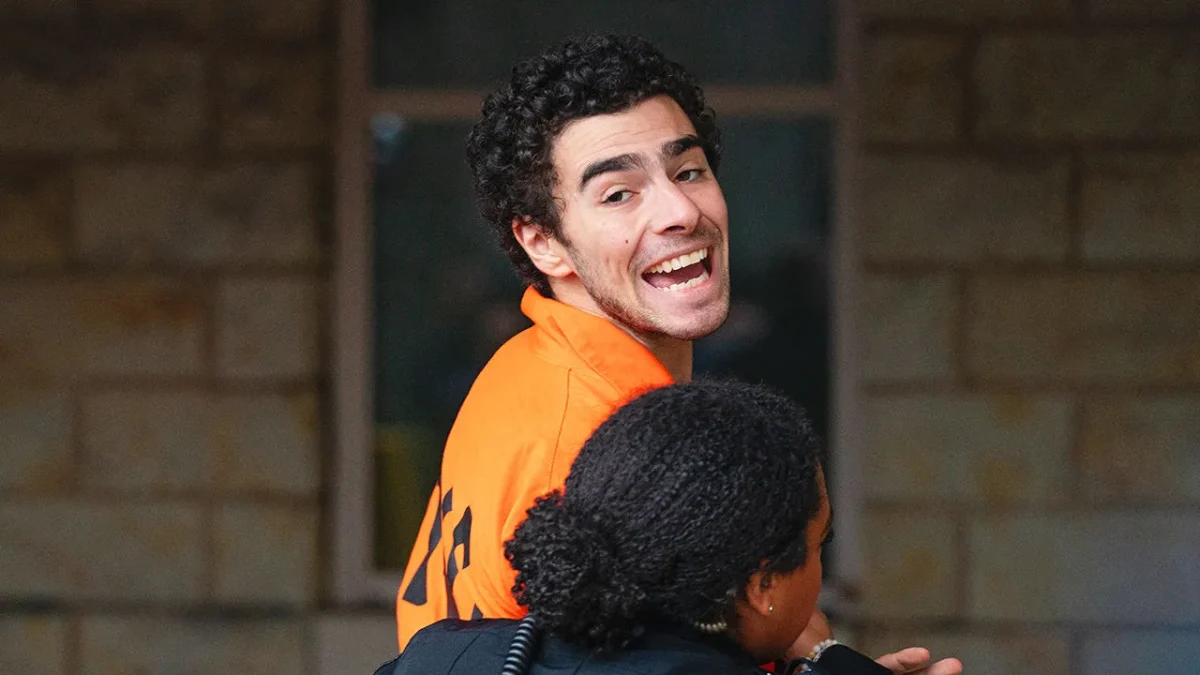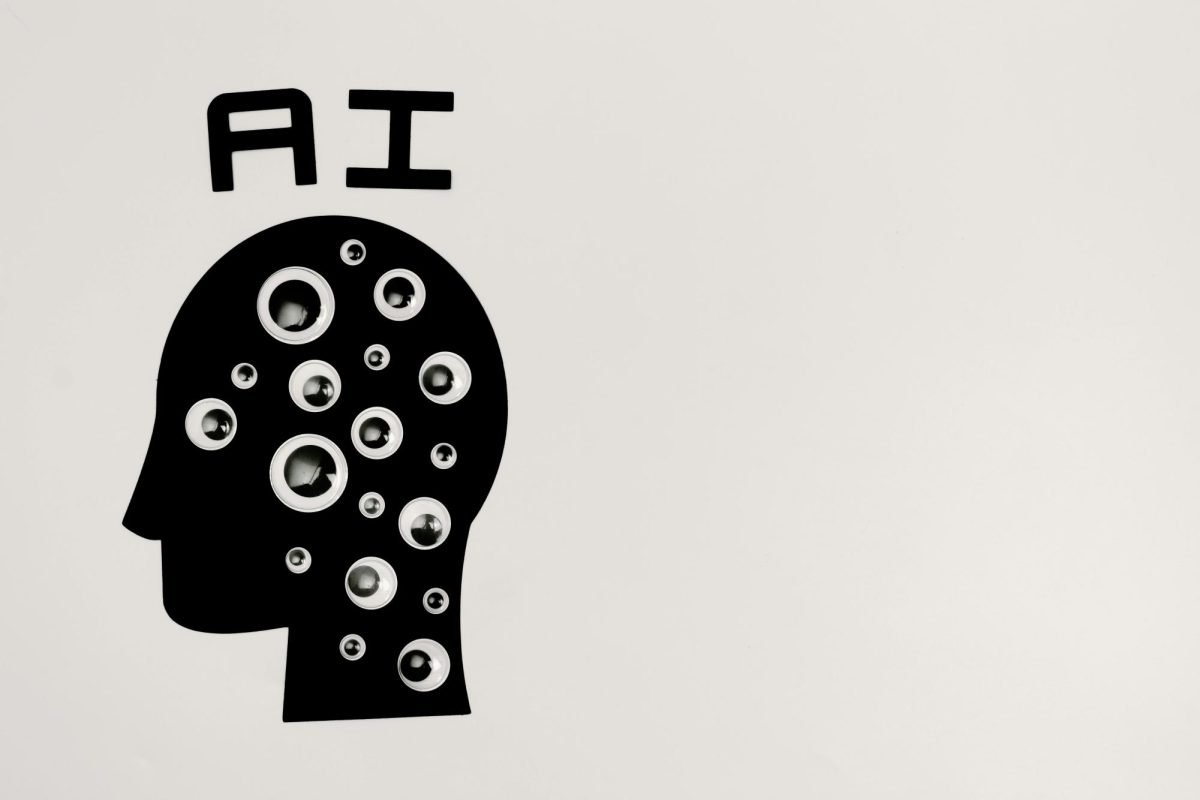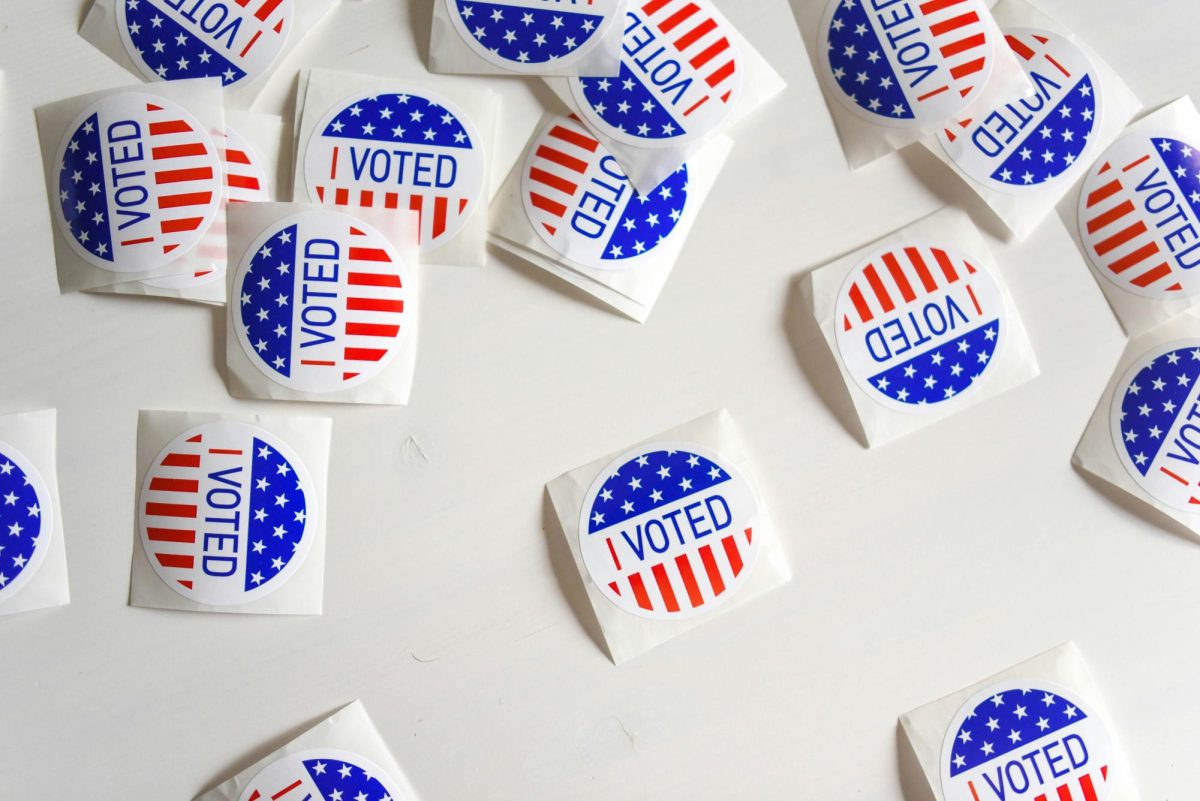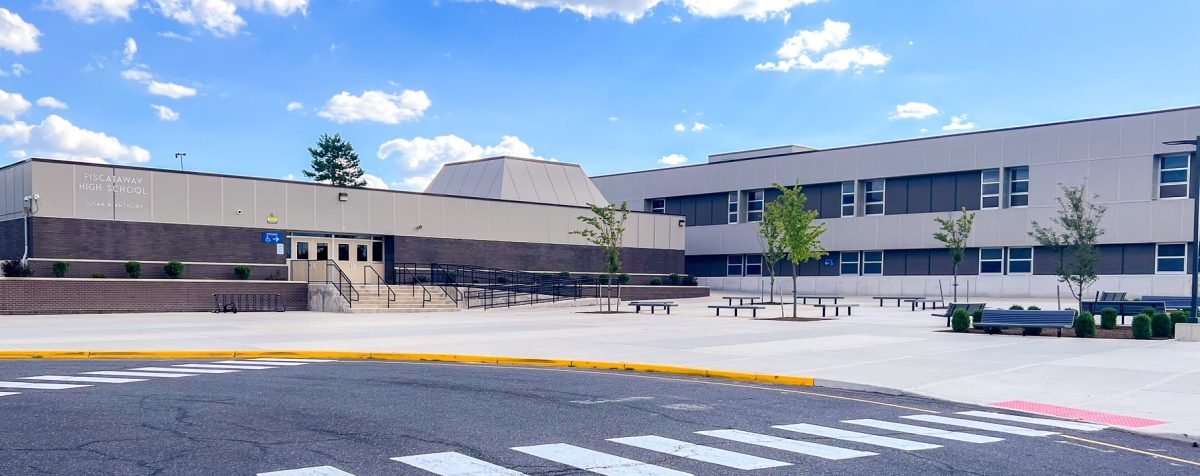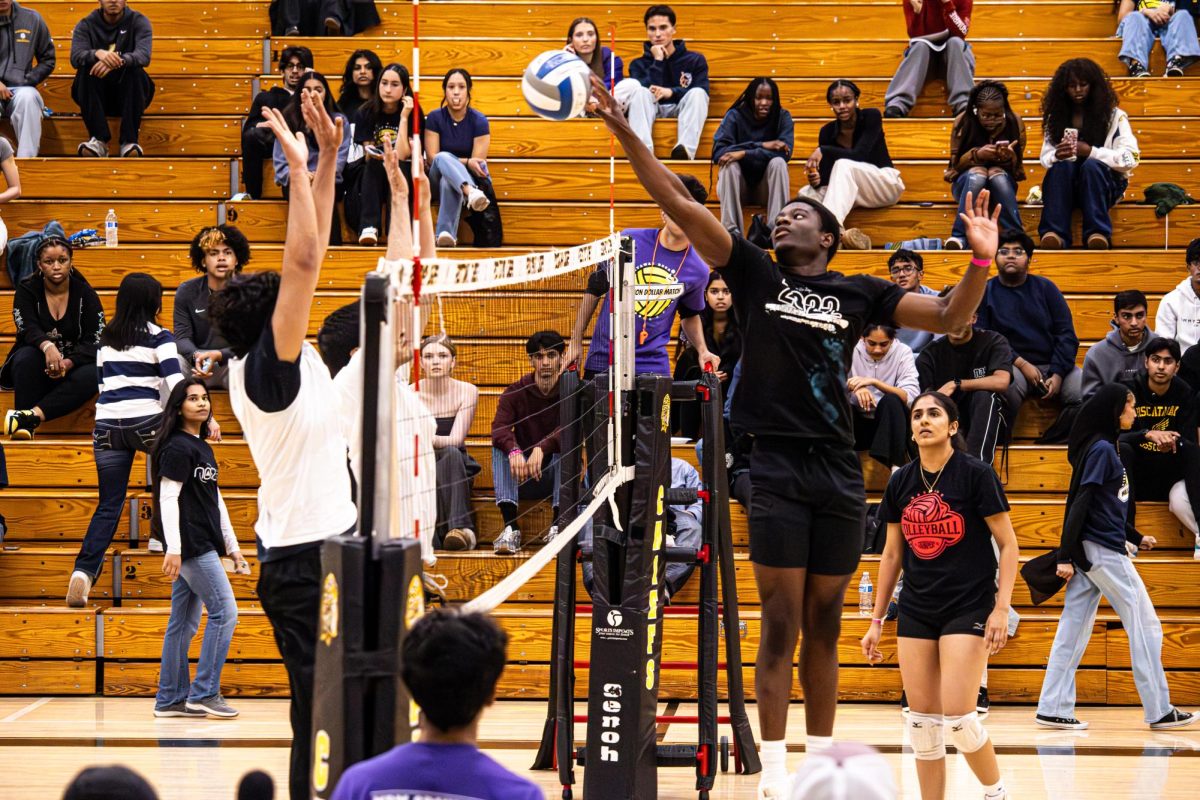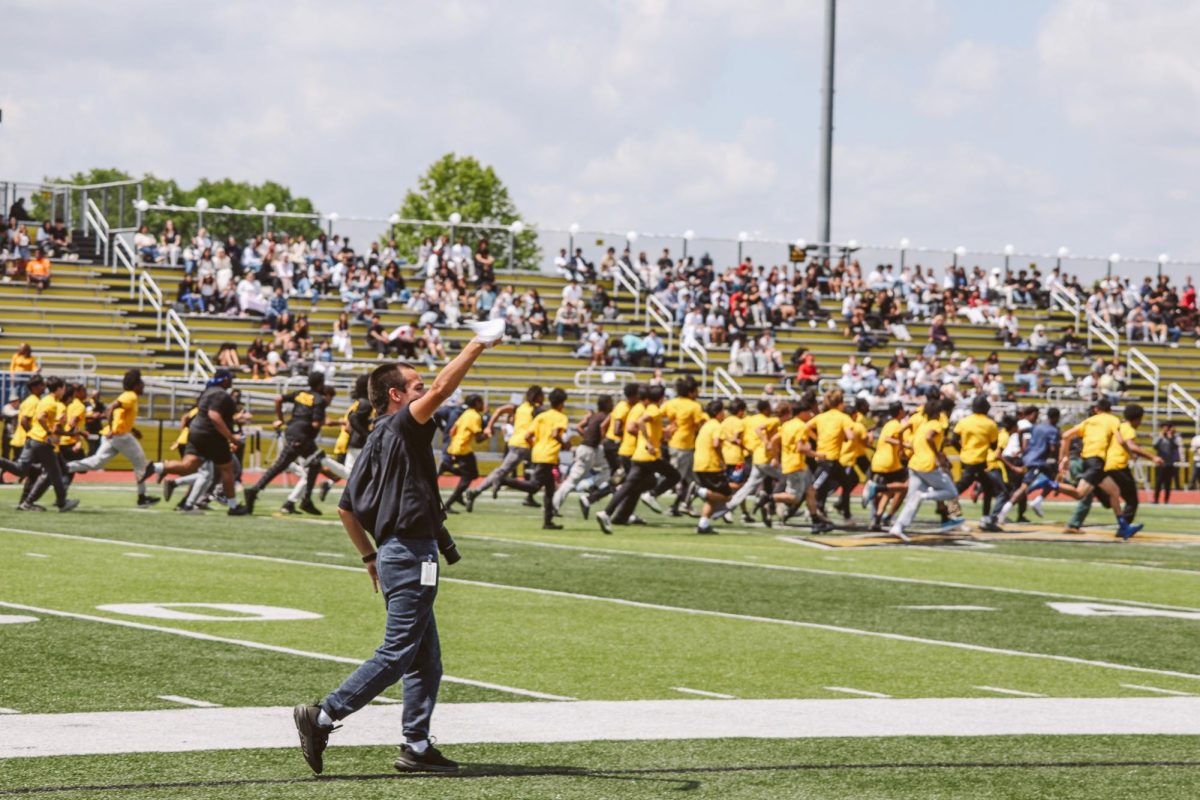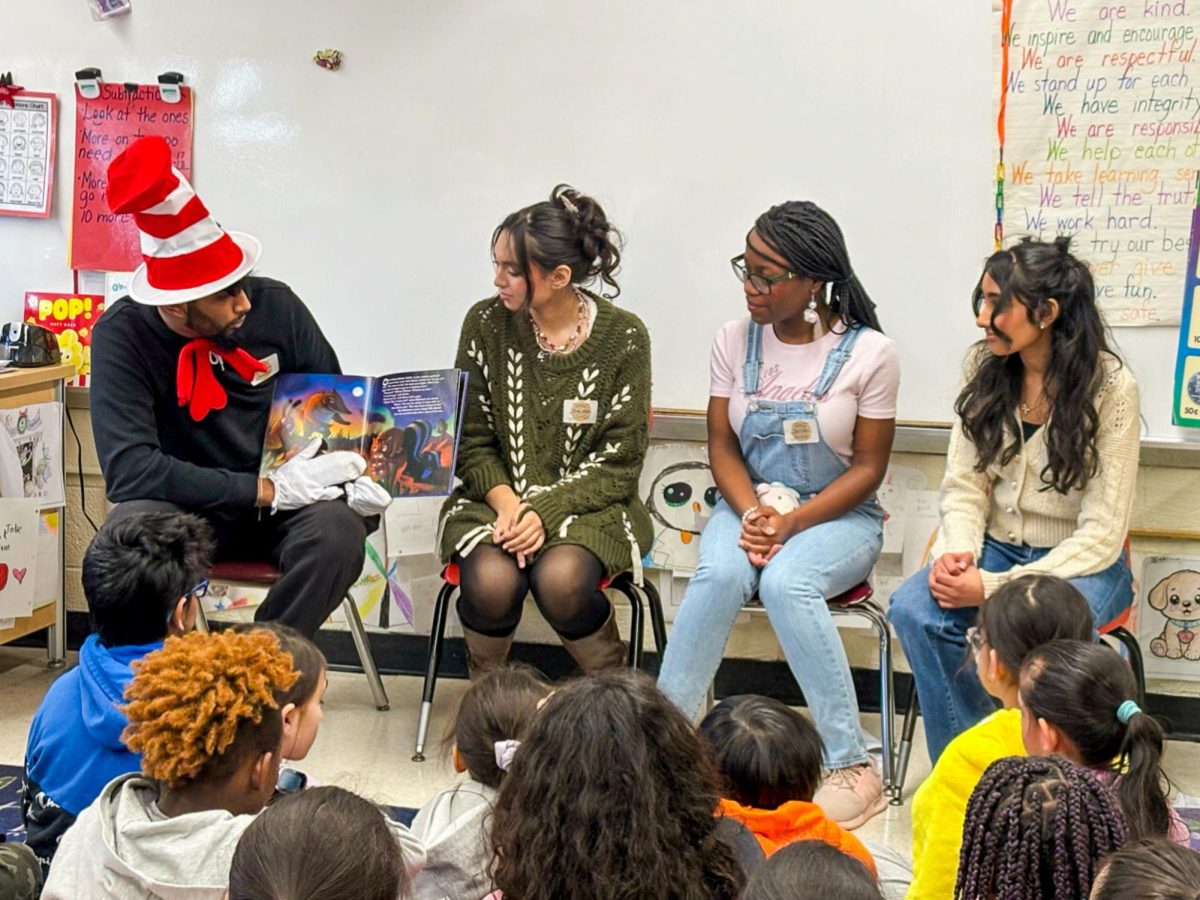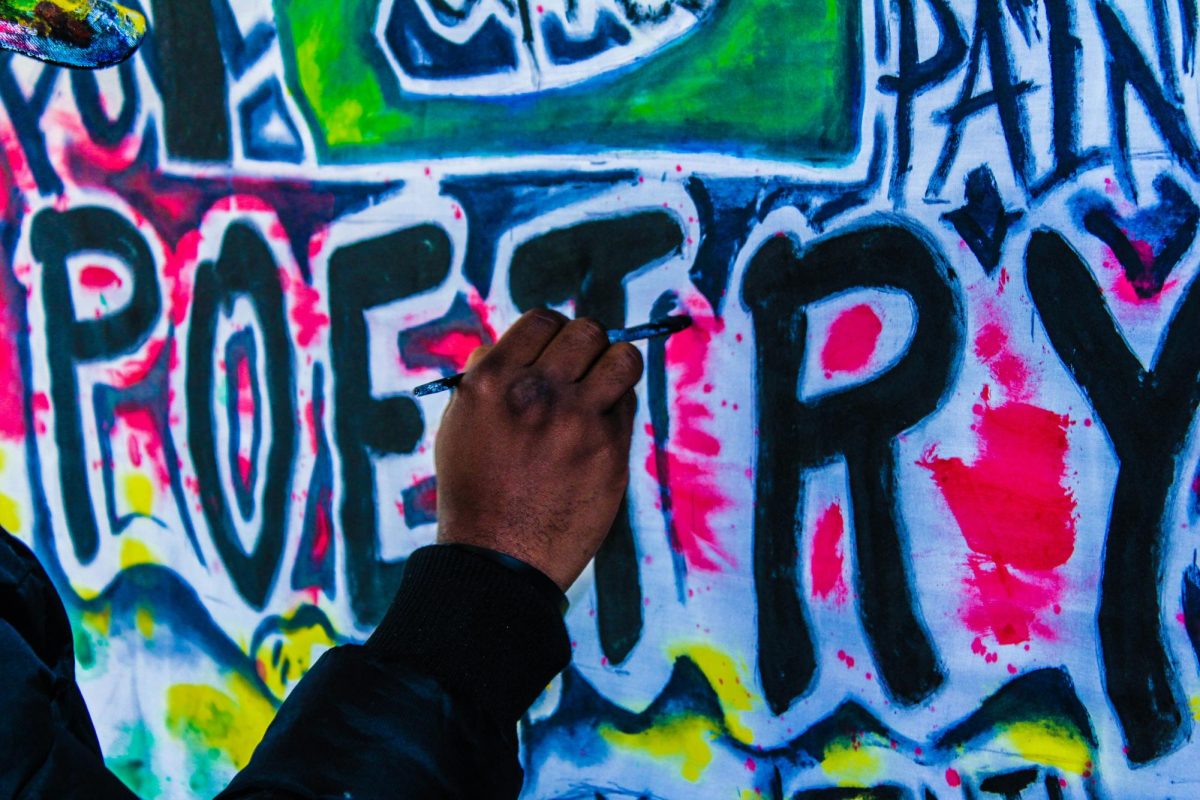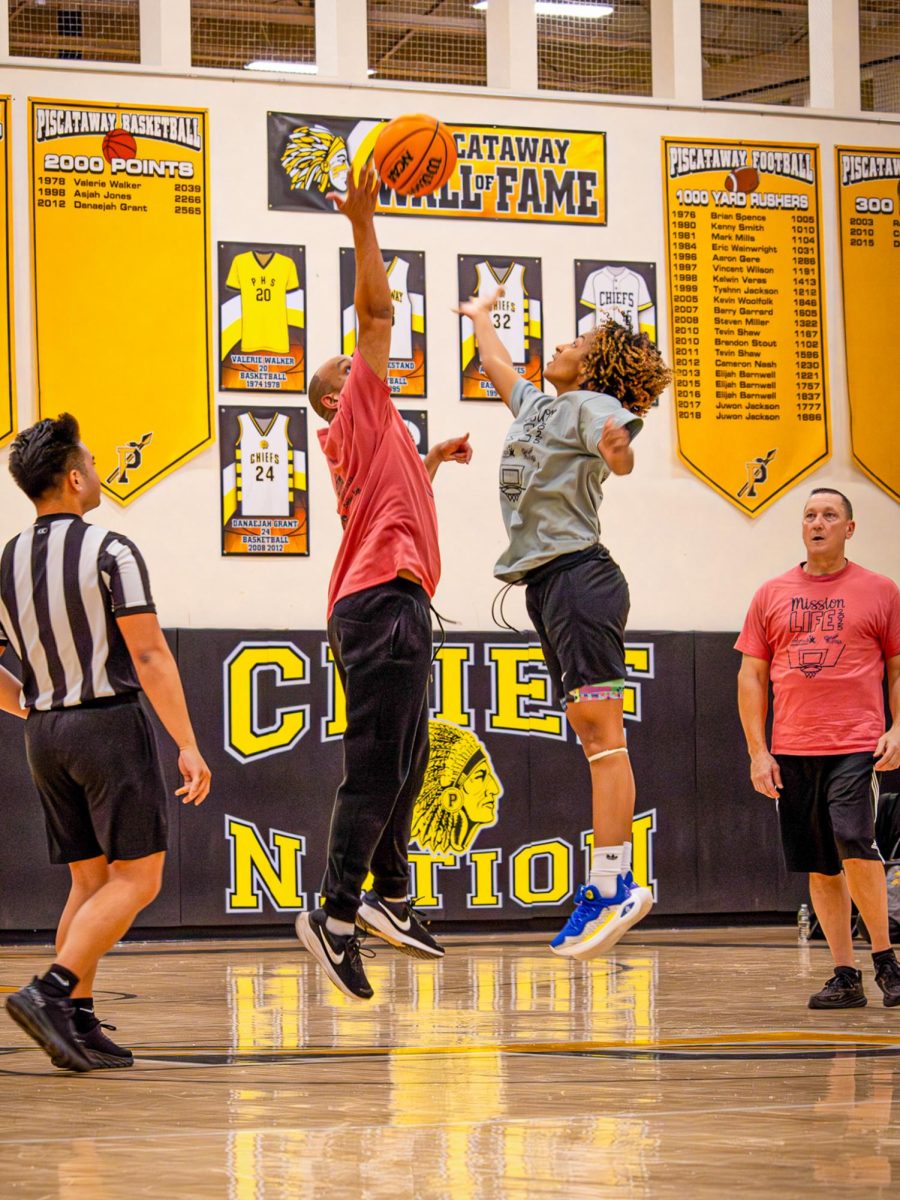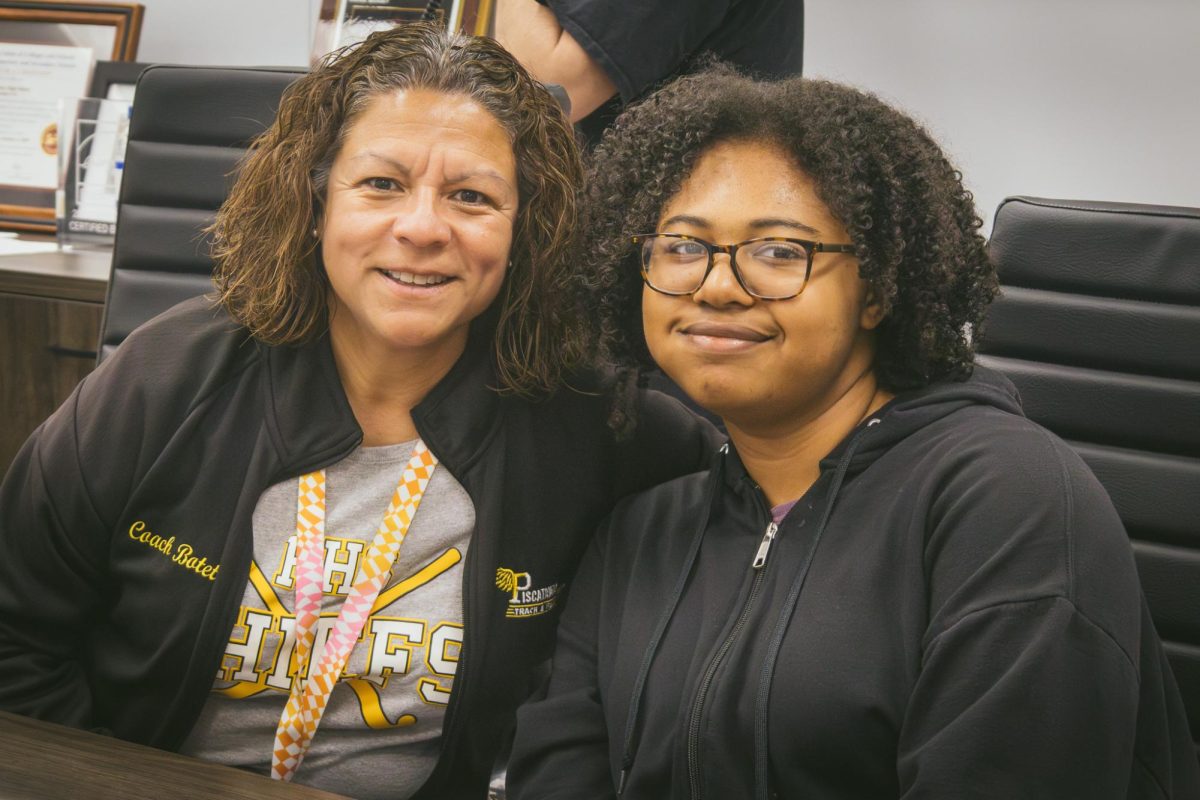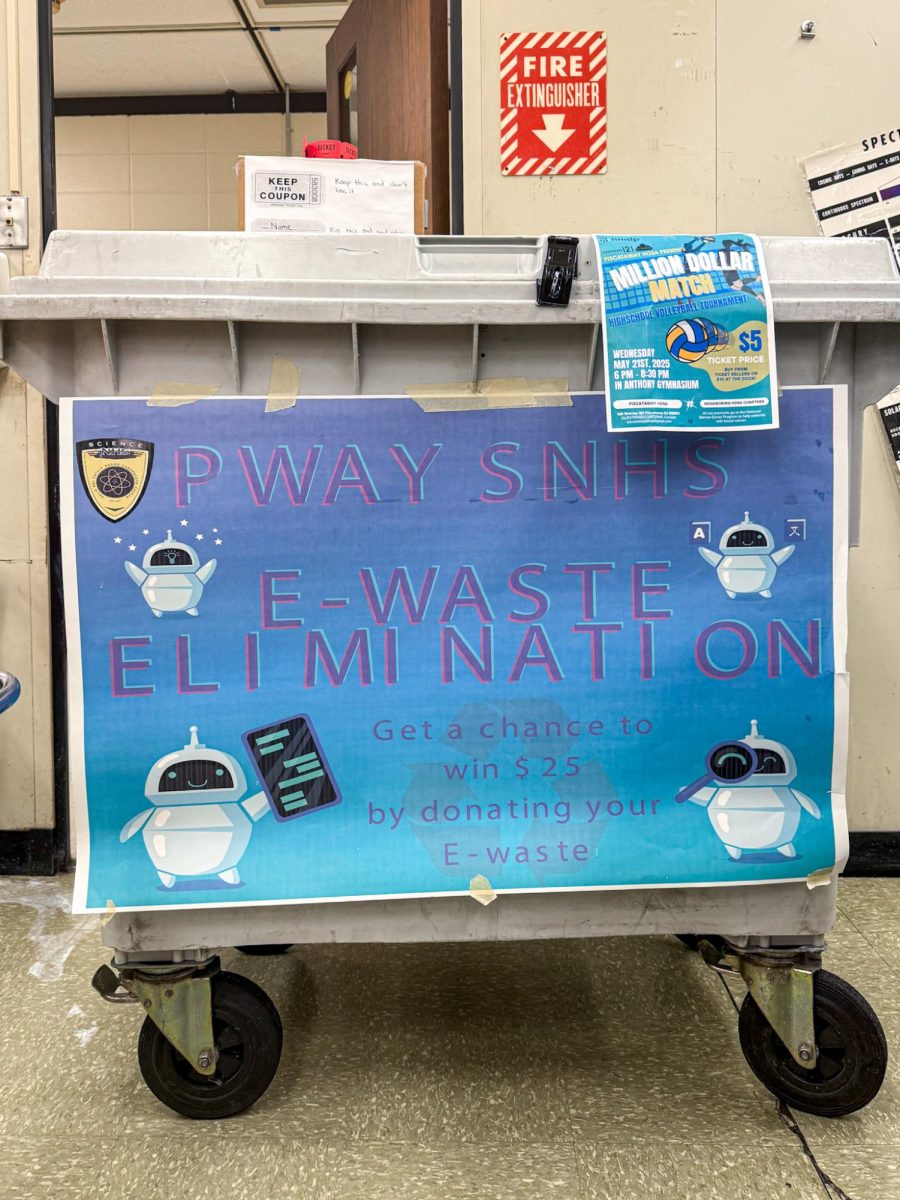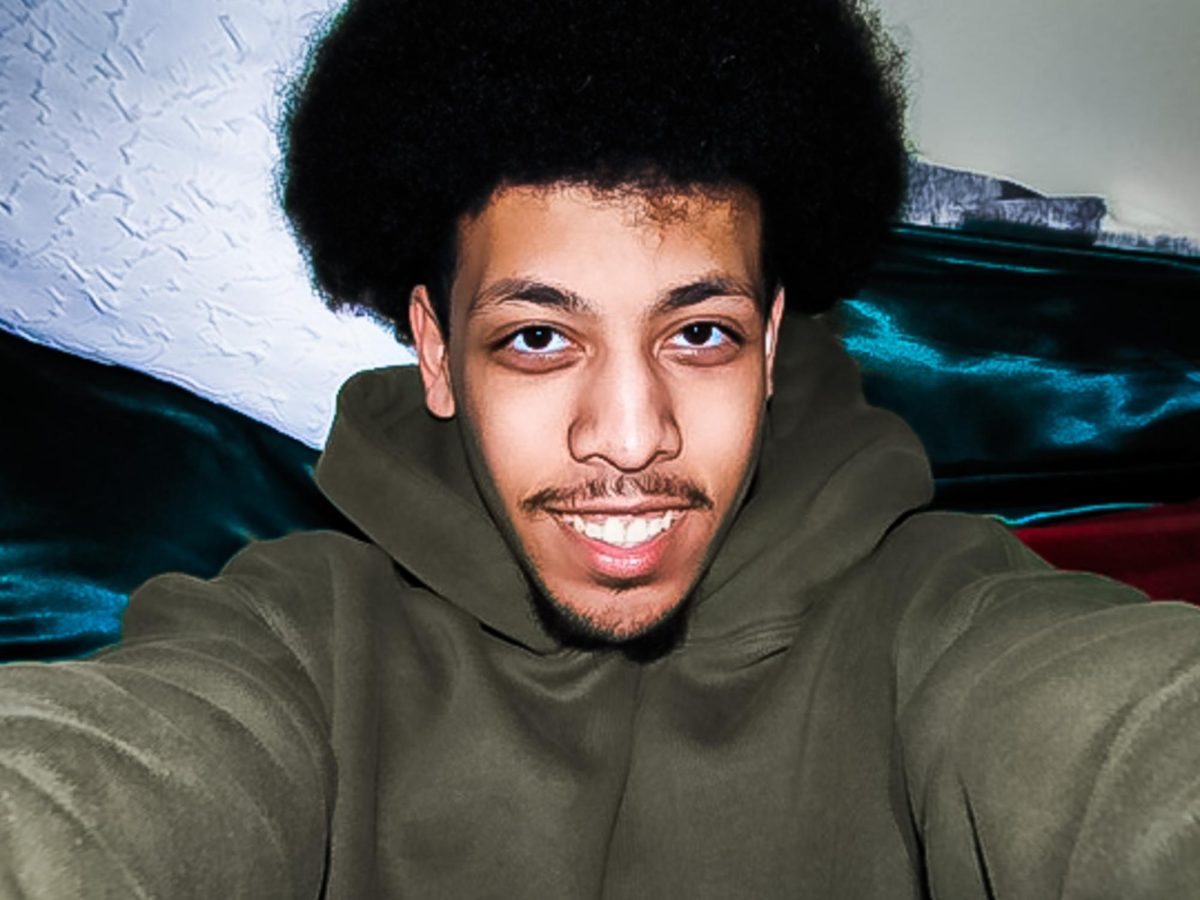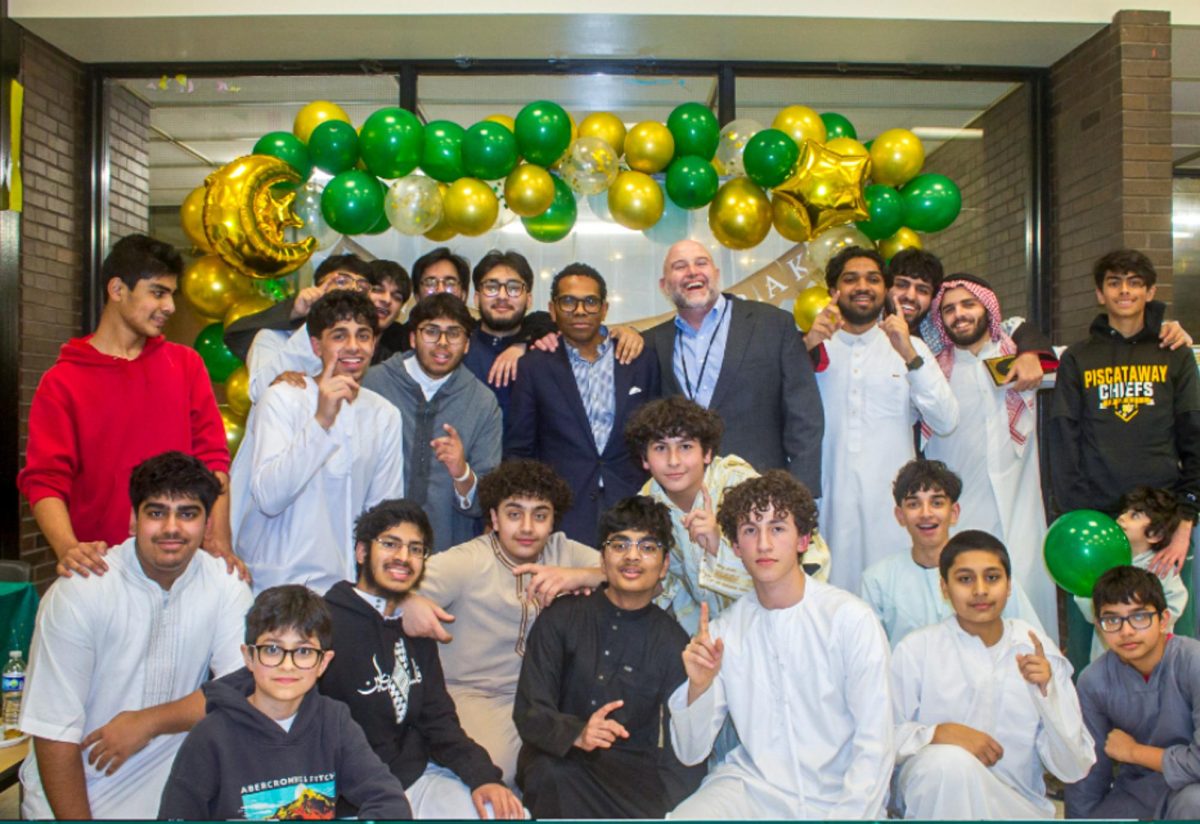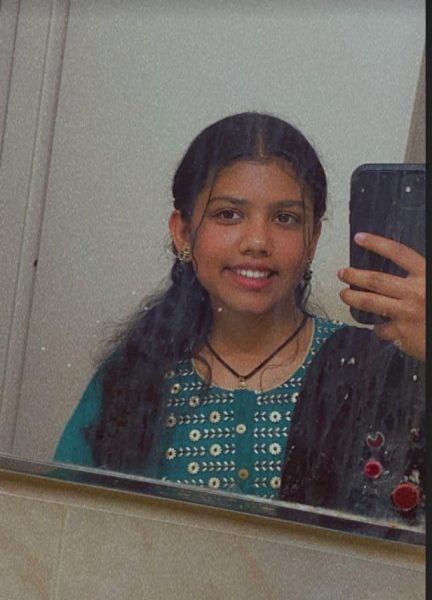Piscataway High School recently welcomed a new course that will be open to students for the 2025-26 school year. Called “Tomorrow’s Teachers,” this course is beneficial not just for teachers; it can help anyone planning on working in a career path that involves immediate interaction with people such as doctors, event coordinators, psychologists, etc. The course offers multiple perks such as college visits, internships, and college credits in collaboration with Kean University. However, to apply, a student must maintain a “B” average, have letters of recommendation, and will need to write a personal essay.
But what actually happens inside the course? Ms. Alonso, who is in her 17th year teaching English at PHS, is the “future teacher” of this course and told us all about it: The concept of this course started out as a club headed by the head of the Counseling department, Ms. Chilakos, and Ms. Alonso, then blossomed into a brand new elective that will hopefully open many doors for students. This notion sprouted from multiple people’s inputs, including students who graduated last year. After much consideration about things like the university, the curriculum, the requirements, and so much behind-the-scenes work, we now have what we now know as “Tomorrow’s Teachers.”
An important part of the course consists of real field experiences and internships that shift the perspective from being “result oriented” to “skill oriented”, because, according to Ms. Alonso, “let’s face it, [someone] can fake their way through a homework assignment/classwork assignment, but [one] can not fake their way through life”. Moreover, at some point, “you can’t fake it anymore”; it becomes unsustainable. Can you imagine having a neurosurgeon who faked their way through high school operating on patients?
Developing character is also a huge part of this course’s goal, and it does so by having students interact with children from actual schools; part of it will include delivering lessons in a real-world classroom rather than just being a teacher’s aid. Along the way, the course tries to show students how to work both hard and smart.
Many students show an interest in improving the education system, but “you can’t change a system if you don’t understand it,” Alonso said. Hence why applying concepts learnt in class and having field experiences is constantly stressed because it forces critical thinking and creativity on a real-world scale while also giving the stability and freedom to learn how to learn in the world.
Getting opportunities like this that allows individuals to take a college level course while still in high school is such a privilege. According to Alonso, even though taking a college course can be challenging, PHS students have a “support system” and the courses help to “get a feel for it and its independence” without “having tens of thousands of dollars involved,” unlike college in the long run. However, if students want to utilize the credits they’ve earned in the course, they will need to purchase them through Kean College, but the cost is not as high as it would be taking it at the college.
After reading all of this, ‘Tomorrow’s Teachers’ might sound a bit intimidating, in reality though, as said by Ms. Alonso that “it is not necessarily for only honors and AP kids [but] is also for the kids who want to try out a college level course” but because it is a college level course, having a “work ethic and dedication [is key].”
According to Alonso, in the end, though, if “[students] are interested, they should give it a shot” because trying never hurts; regretting not trying always does. And the hope and idea of this whole opportunity is to strike a “possible passion for [this concept as a whole] or at the very least find value in what [students] did [along with] finding an understanding of who they are in terms of the way they learn and even some of the decisions they make along the way in their educational path.”




